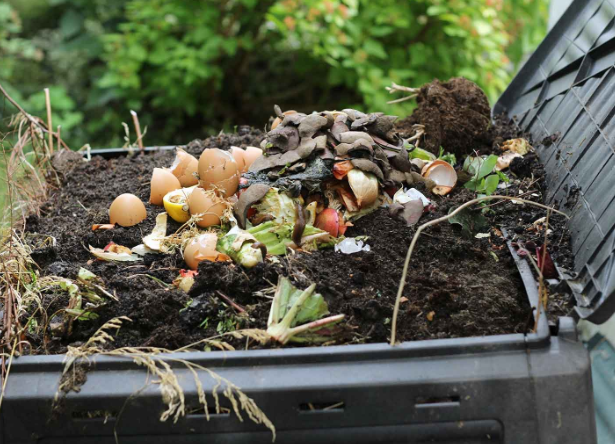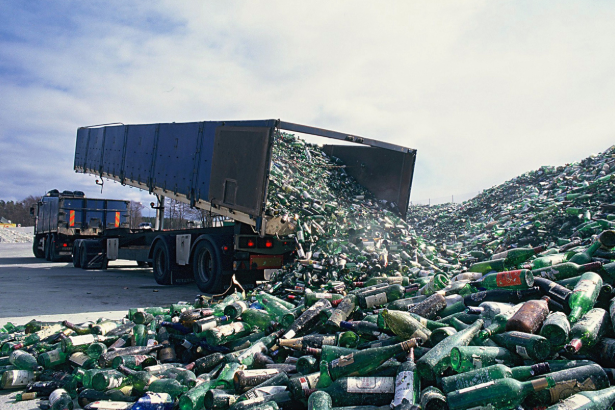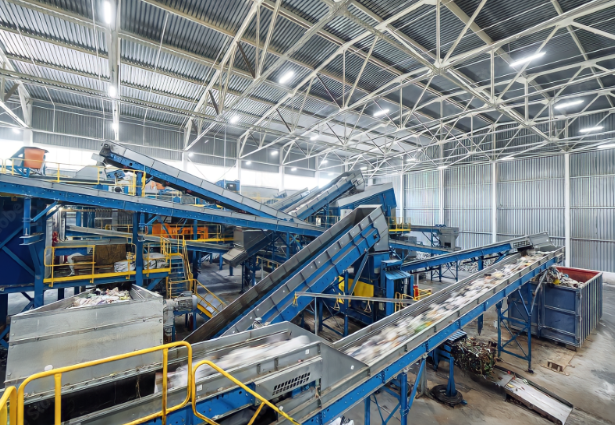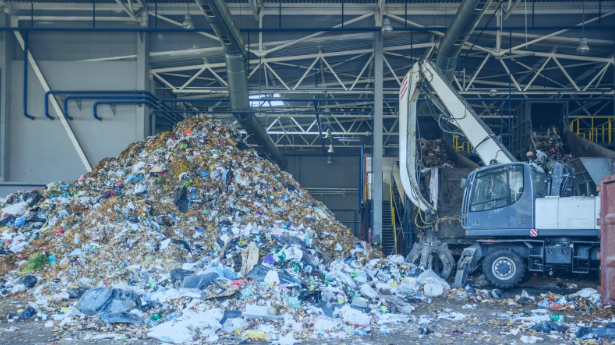
In an era where environmental concerns are at the forefront of global discussions, organics recycling has emerged as a pivotal solution to combat climate change and promote sustainability. While recycling plastics, metals, and paper is widely recognised, the recycling of organic materials such as food scraps, yard waste, and agricultural by-products often goes underappreciated. However, its role in reducing greenhouse gas emissions, enriching soil health, and fostering a circular economy cannot be overstated.
Understanding Organics Recycling
Organics recycling involves the collection and processing of biodegradable waste materials to create useful products like compost, biogas, and nutrient-rich soil amendments. This process not only diverts waste from landfills but also transforms what would have been environmental pollutants into valuable resources. Common organic materials suitable for recycling include:
Food scraps and leftovers
Yard clippings, leaves, and branches
Agricultural waste
Paper products like napkins and paper towels (if uncoated and food-soiled)
Unlike traditional waste disposal, which often leads to methane emissions from landfills, organics recycling leverages natural processes such as composting and anaerobic digestion to manage waste sustainably.
The Environmental Impact of Organics Recycling
Reduction of Greenhouse Gas Emissions
When organic waste decomposes in landfills, it produces methane—a greenhouse gas that is over 25 times more potent than carbon dioxide in terms of its global warming potential. By diverting organic materials to recycling facilities, methane emissions are significantly reduced. Composting, for example, is an aerobic process that minimises methane production, while anaerobic digestion captures methane to be used as renewable energy.
Conservation of Natural Resources
Organics recycling conserves resources by returning nutrients to the soil. Compost made from organic waste improves soil structure, increases its ability to retain water, and reduces the need for chemical fertilisers. This not only benefits agricultural productivity but also decreases the runoff of harmful chemicals into waterways, protecting aquatic ecosystems.
Energy Production
Through anaerobic digestion, organic waste can be converted into biogas—a renewable source of energy that can be used to generate electricity, heat, or even fuel vehicles. This process not only reduces reliance on fossil fuels but also contributes to energy independence and sustainability.
The Role of Recycling Processing Plants
Recycling processing plants are the backbone of effective waste management systems. These facilities are equipped to handle the sorting, processing, and transformation of organic materials into usable products. Key processes include:
Composting: Organic waste is broken down aerobically to create nutrient-rich compost.
Anaerobic Digestion: In oxygen-free environments, microorganisms break down organic matter, producing biogas and digestate.
Vermicomposting: The use of worms to decompose organic waste into high-quality compost.
Investments in recycling processing plants enhance the efficiency of organics recycling programs and expand the capacity to manage larger volumes of waste sustainably.
The Economic Benefits of Organics Recycling
Job Creation
The recycling industry, particularly in organics management, creates jobs in collection, processing, and distribution. From compost facility operators to biogas plant technicians, the demand for skilled labour in this sector is on the rise.
Cost Savings for Businesses and Municipalities
Businesses that implement organic recycling can reduce waste disposal costs, as organic waste is often cheaper to process than traditional landfill disposal. Municipalities benefit from decreased landfill maintenance costs and extended landfill lifespans.
Market Growth for Recycled Products
Compost and biogas are valuable products with growing markets. Farmers, landscapers, and energy companies increasingly seek sustainable alternatives, driving demand for recycled organic materials.
Implementing Organics Recycling in Communities
Education and Awareness
Public education campaigns can inform residents and businesses about the benefits of organics recycling and how to participate effectively. Clear guidelines on what materials can be recycled and how to separate waste are crucial.
Accessible Infrastructure
Providing convenient access to compost bins, curbside collection services, and drop-off locations encourages participation. Investments in recycling processing plants ensure that the collected materials are handled efficiently.
Policy Support
Government incentives, regulations, and funding can accelerate the adoption of organics recycling. Policies that mandate organics separation at the source or offer subsidies for composting infrastructure play a critical role in expanding recycling efforts.
Conclusion
Organics recycling is more than just a waste management strategy—it’s a vital tool in the fight against climate change and a cornerstone of sustainable living. By reducing greenhouse gas emissions, conserving natural resources, and creating economic opportunities, organics recycling offers a comprehensive solution to some of the world’s most pressing environmental challenges.





Write a comment ...